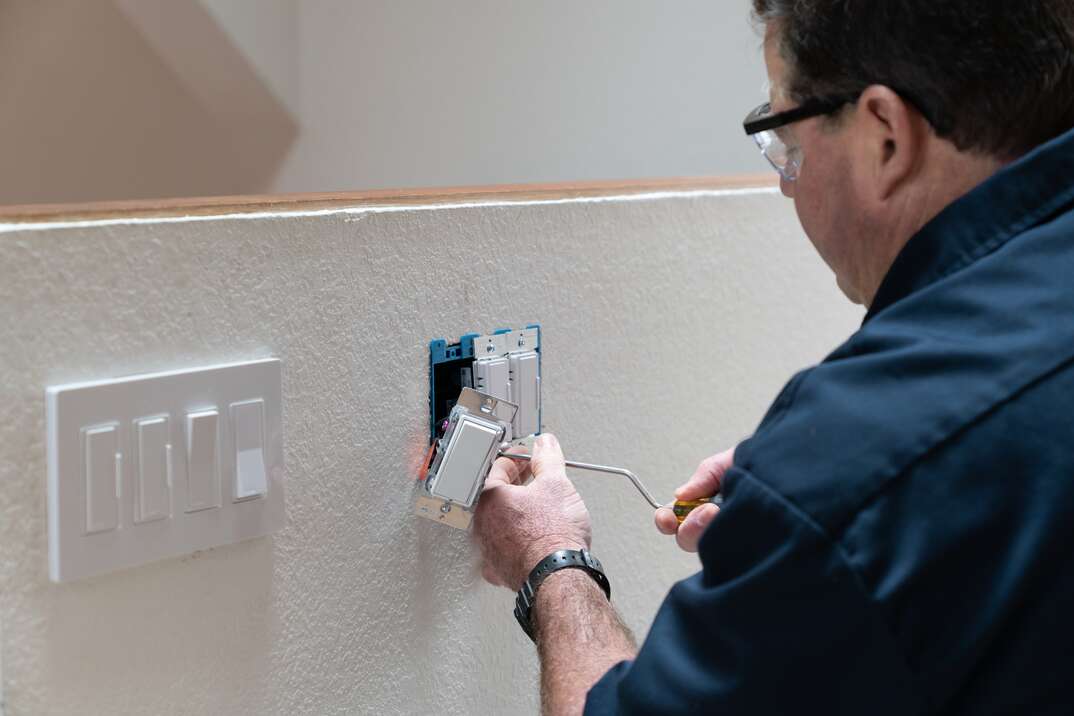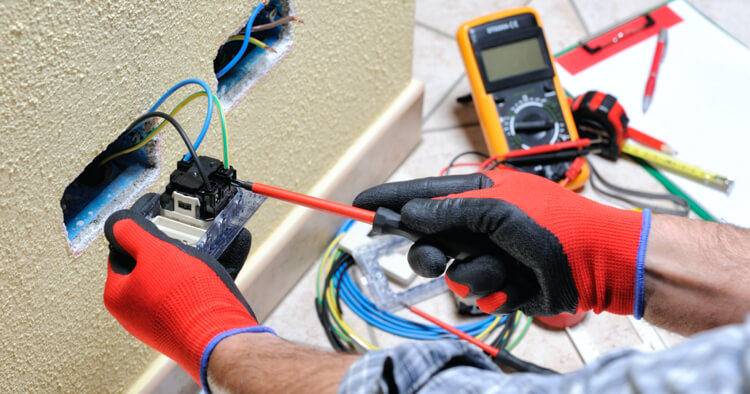How to Prepare for Solar Panel Installation
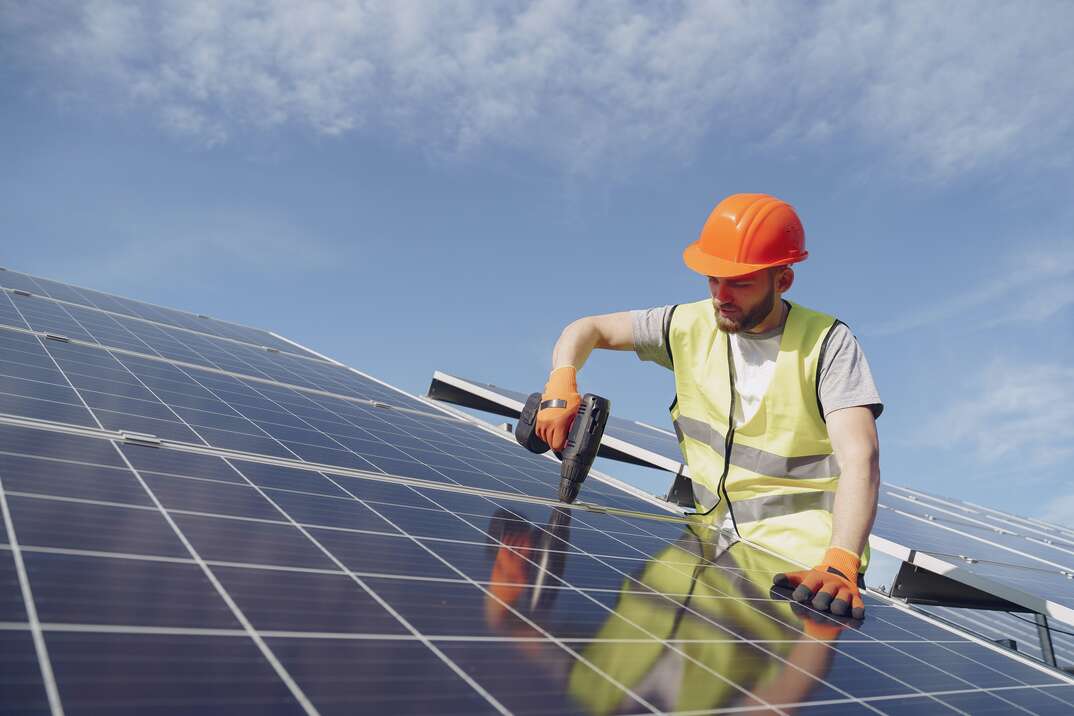
Whether you’re becoming more conscious of your impact on the climate, want to save money on rising electric bills or both, solar power is a great way to reduce your carbon footprint and reduce your energy consumption.
This May Also Interest You: What’s It Like to Go Solar? 5 Things They don’t Tell You in the Brochure
The guide covers what to know before installing solar panels and how to prepare your home and family for the day your new panels are put in place.
What to Know Before Installing Solar Panels
Solar panels are becoming more popular and affordable as the technology continues to improve. They’re not suitable for all areas, however. For example, if you live in a region of the country that has long winters or doesn’t get a lot of regular sunlight, you might have trouble recouping your financial investment. You could run into problems with certain homeowners associations that don’t want solar power in their neighborhoods.
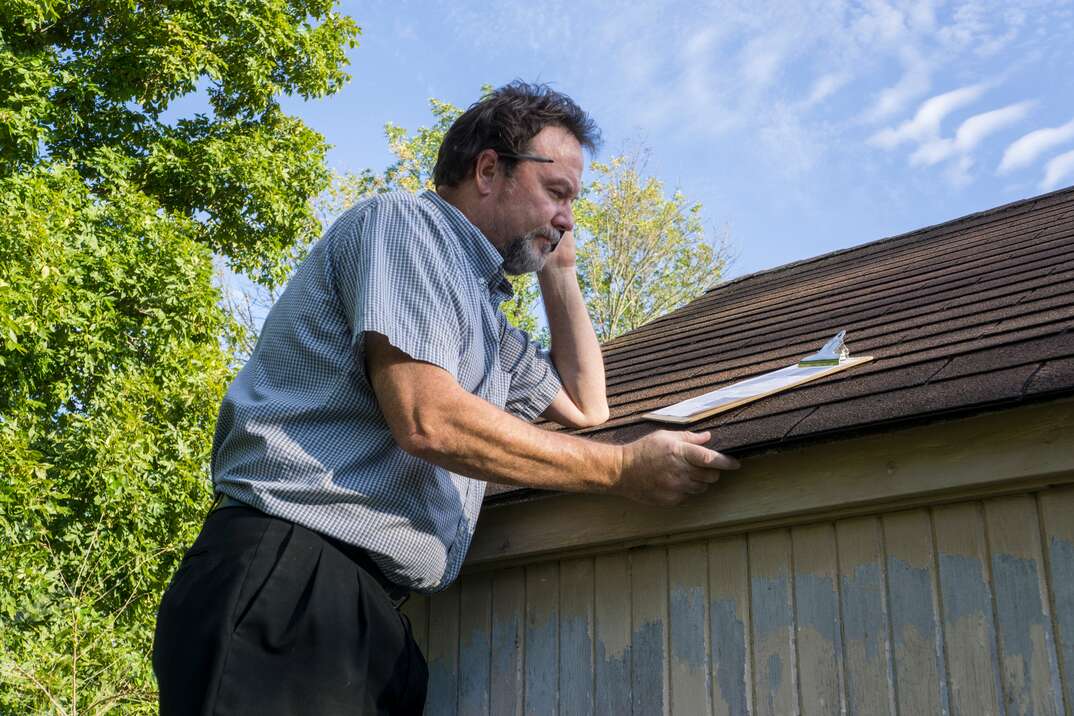
Do I Need a New Roof Before Solar Panel Installation?
You should have your roof inspected to see if it’s in good condition before you consider a solar panel installation. If your roof has any leaks or structural damage, it could do harm to your new investment. After the inspection, you can decide whether you want to install a new roof or not as part of your solar panel preparation. In some areas, you may even be able to find solar shingles, which is an option if you’d like to replace your roof and make it solar-powered at the same time.
6 Things to Do to Prepare for Solar Panel Installation
When deciding whether you’re going to install solar panels and preparing yourself for the installation, you should create a checklist to make sure that you’re completely covered and can proceed. Here are the most important things to include on your list.
Look at Your Energy Bill to Determine Usage
When you review your electricity bill, you can determine when you use most of your electricity and how much you consume during peak months. This is important information because when you’re consulting with a solar panel installation company, you need to know how much power you need to produce. Producing enough to cover peak months means you may be able to also produce excess power during the other months that you can sell back to your utility.
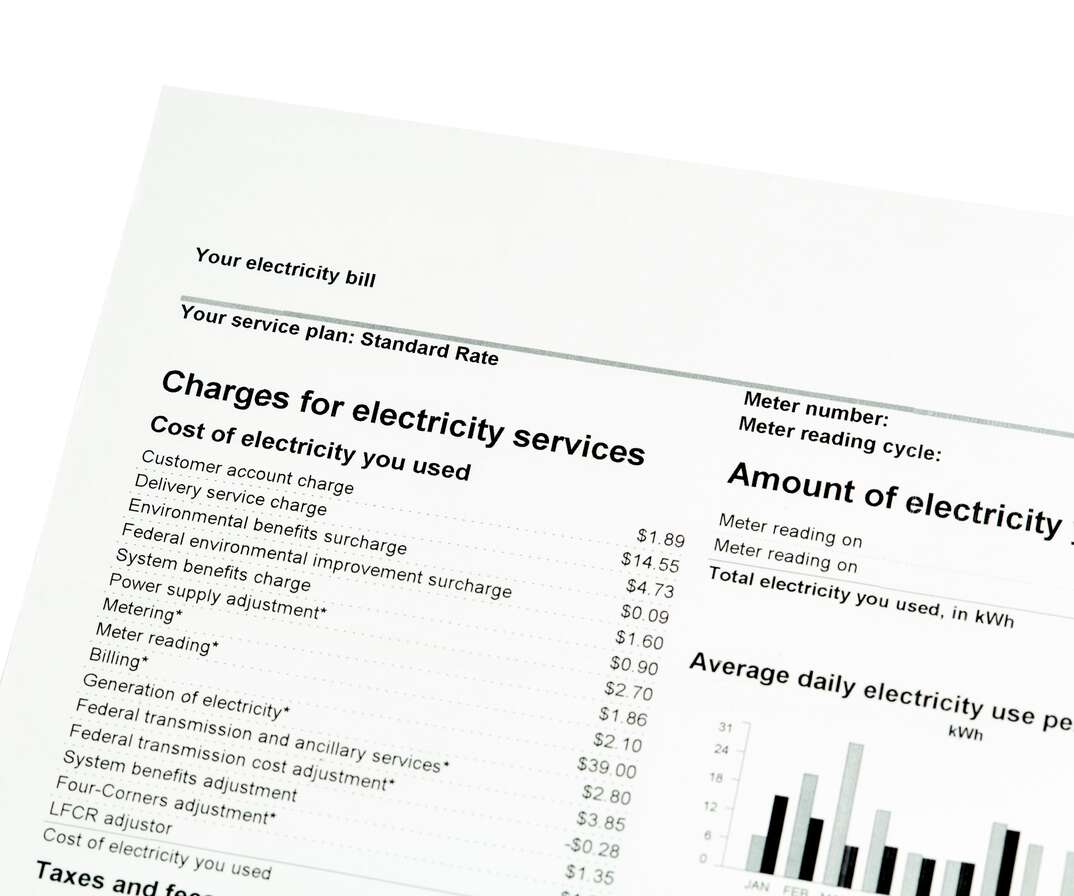
Consider Future Energy Consumption
One thing that many people forget to factor into their estimations is how future purchases and additions impact energy usage. Buying an electric vehicle, constructing an addition to the house or making other purchases can increase your usage. Having extra capacity for electricity production gives you some wiggle room.
Vet Your Home as a Candidate for Solar Panel Installation
Now that you know how much power you need to produce, you should see if you can realistically produce enough to make it worth your while. Having a consultant come by to look at your home will reveal whether your roof is facing the right direction and has enough space to accommodate the panels. The consultation can also cover other information and steps that you may not have thought about initially.
Research Incentives and Tax Credits
Some states are friendlier to solar power than others and can offer significant tax credits and incentives. Before you go forward with your plan, find out how much you can save and whether it’s through cash incentives, tax breaks or other programs. Don’t leave any money on the table.
Make Sure You Have the Right Permits
Construction laws vary by city, county and state, so you need to contact your local authorities to find out what’s needed to obtain a building permit. If you’re part of a homeowners association, check the association rules to see if solar panel installation is allowed. Once you’ve obtained all of the correct approvals, you can begin to make your final plans.
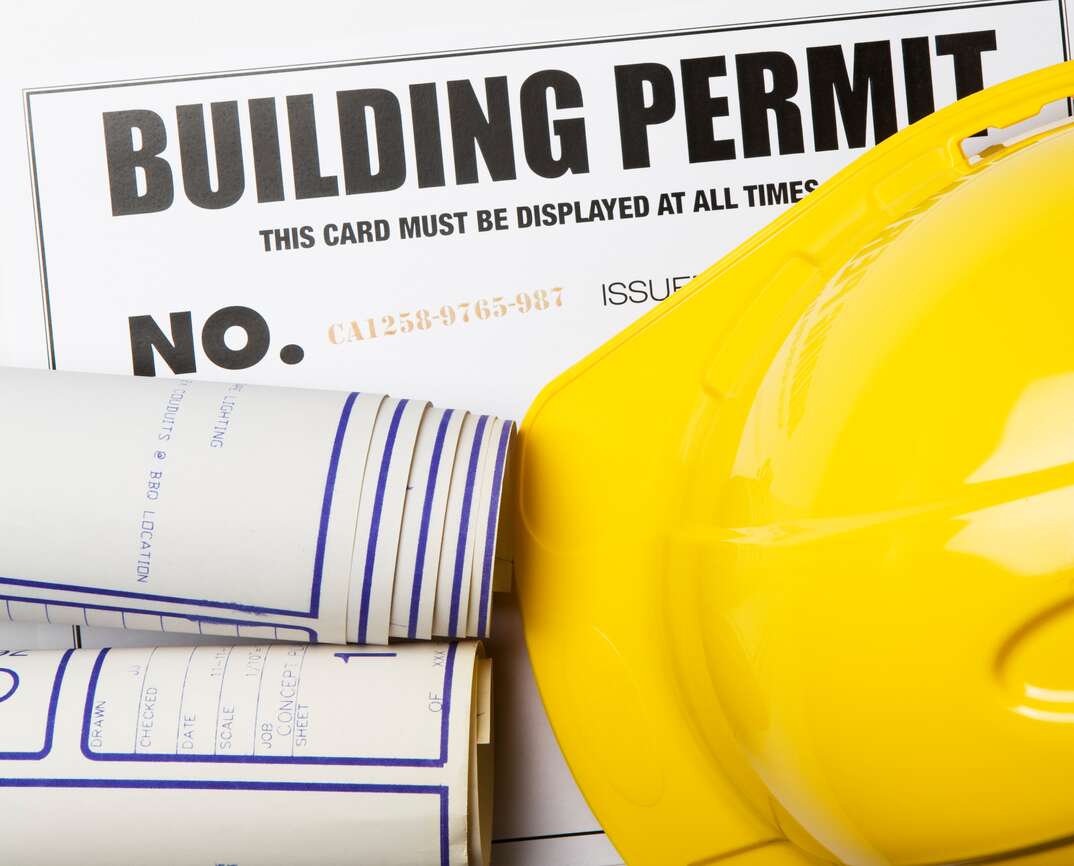
Finalize Your Solar Panel Preparation Plan
Having a crew of workers moving on and off of your roof can be loud and distracting. To make it easiest on your family, make a plan for how you’re going to handle your pets, whether it’s best to be away during the installation and how the contractor can reach you. If there are any hurdles during the installation, you might receive a phone call asking how you’d like issues to be handled.

